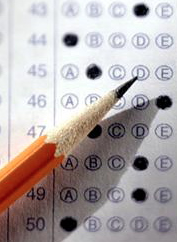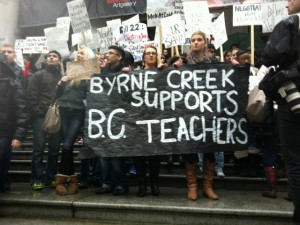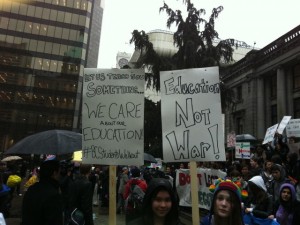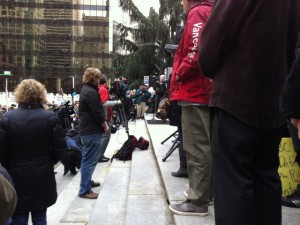 This resolution is modeled on the resolution passed by more than 360 Texas school boards as of April 23, 2012. It was written by Advancement Project; Asian American Legal Defense and Education Fund; FairTest; Forum for Education and Democracy; MecklenburgACTS; Deborah Meier; NAACP Legal Defense and Educational Fund, Inc.; National Education Association; New York Performance Standards Consortium; Tracy Novick; Parents Across America; Parents United for Responsible Education – Chicago; Diane Ravitch; Race to Nowhere; Time Out From Testing; and United Church of Christ Justice and Witness Ministries.
This resolution is modeled on the resolution passed by more than 360 Texas school boards as of April 23, 2012. It was written by Advancement Project; Asian American Legal Defense and Education Fund; FairTest; Forum for Education and Democracy; MecklenburgACTS; Deborah Meier; NAACP Legal Defense and Educational Fund, Inc.; National Education Association; New York Performance Standards Consortium; Tracy Novick; Parents Across America; Parents United for Responsible Education – Chicago; Diane Ravitch; Race to Nowhere; Time Out From Testing; and United Church of Christ Justice and Witness Ministries.
To sign the resolution, click here.
WHEREAS, our nation’s future well-being relies on a high-quality public education system that prepares all students for college, careers, citizenship and lifelong learning, and strengthens the nation’s social and economic well-being; and
WHEREAS, our nation’s school systems have been spending growing amounts of time, money and energy on high-stakes standardized testing, in which student performance on standardized tests is used to make major decisions affecting individual students, educators and schools; and
WHEREAS, the over-reliance on high-stakes standardized testing in state and federal accountability systems is undermining educational quality and equity in U.S. public schools by hampering educators’ efforts to focus on the broad range of learning experiences that promote the innovation, creativity, problem solving, collaboration, communication, critical thinking and deep subject-matter knowledge that will allow students to thrive in a democracy and an increasingly global society and economy; and
WHEREAS, it is widely recognized that standardized testing is an inadequate and often unreliable measure of both student learning and educator effectiveness; and
WHEREAS, the over-emphasis on standardized testing has caused considerable collateral damage in too many schools, including narrowing the curriculum, teaching to the test, reducing love of learning, pushing students out of school, driving excellent teachers out of the profession, and undermining school climate; and
WHEREAS, high-stakes standardized testing has negative effects for students from all backgrounds, and especially for low-income students, English language learners, children of color, and those with disabilities; and
WHEREAS, the culture and structure of the systems in which students learn must change in order to foster engaging school experiences that promote joy in learning, depth of thought and breadth of knowledge for students; therefore be it
RESOLVED, that [your organization name] calls on the governor, state legislature and state education boards and administrators to reexamine public school accountability systems in this state, and to develop a system based on multiple forms of assessment which does not require extensive standardized testing, more accurately reflects the broad range of student learning, and is used to support students and improve schools; and
RESOLVED, that [your organization name] calls on the U.S. Congress and Administration to overhaul the Elementary and Secondary Education Act, currently known as the “No Child Left Behind Act,” reduce the testing mandates, promote multiple forms of evidence of student learning and school quality in accountability, and not mandate any fixed role for the use of student test scores in evaluating educators.

 Follow
Follow




